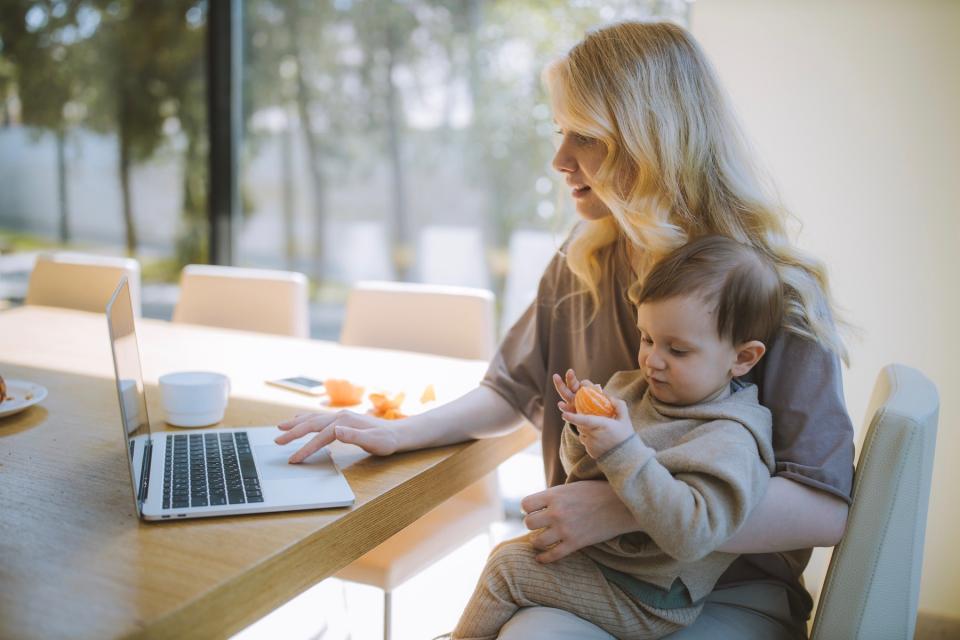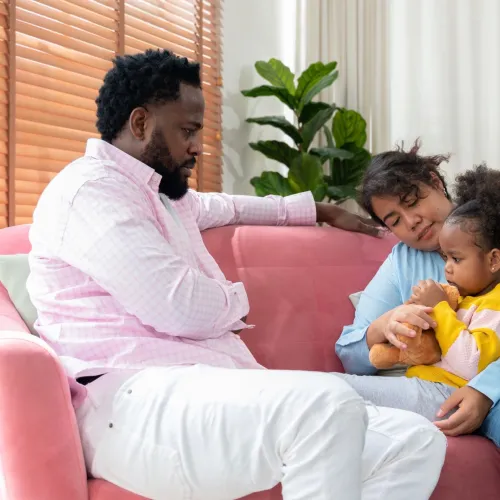Dear Marsha: When to Adapt a Parenting Plan
In our Dear Marsha blog series, Dr. Marsha Kline Pruett answers questions submitted by parents like you on all matters related to shared parenting.

My daughter's father and I cannot agree on an adapted parenting plan for e-learning. I'm working from home, and I've traded weekends with my co-parent to have our daughter stay with me on weekdays while e-learning is in session. I thought this made sense so my co-parent could be free to go to work during the week. Now, I have no more weekends until the summer, which we have split.
My co-parent believes we can continue with the current schedule we're on if I trade more of my time this summer, but I am not giving up any of my playtime with my daughter this summer. How do you think we can move forward in adapting our parenting plan at this point?
A reader recently asked me about what to do regarding parenting plans that were built around children’s school schedules, now that children are completing their school year at home. Many factors could be at issue, but the main principles apply.
If you and your ex- can make changes that both of you believe are good for your child and you each can live well enough with them, then, by all means, make changes.
If you cannot make changes on your own that do not create more conflict and animosity, then it is best not to make changes to the parenting plan. As tempting as it is to make changes now as we all are lulled into a sense of the world moving slower, there are so many uncertainties that adding more to life often does not work out as well as we’d hope. It is a time to take stock of what is working and what is not so that once children return to normal (or semi-normal) routines, parents can consider making changes that fit with what the child’s world now looks like.
Keep transitions around the same time as you did when schools were open; it will provide a sense of stability for your child and make it less difficult to adjust to new routines.
If school offered a buffer for transitions between home, think about how to create a new buffer. Can the child go from car to home on their own? Can someone else, trusted by each of you, chaperone the transition? Can it happen in a neutral place, such as a busy parking lot (e.g., supermarket or drug store)?
Take Marsha's Survey on Co-Parenting
Assist Dr. Marsha Kline Pruett with her research on what shared parenting is like across different families by taking this survey. All submissions are entirely anonymous.








